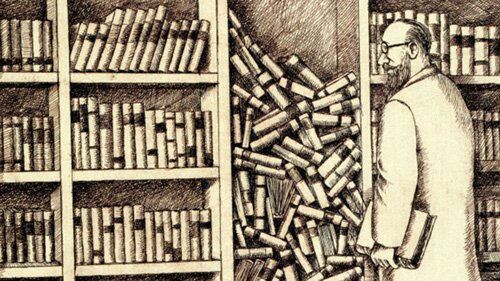Educational Choices and Educational Traps: Towards an Integration between Computational and Statistical Modelling in the Sociology of Social Stratification

From a substantive point of view, the paper analyzes the statistical association between individuals' educations and those of their parents in France and in Italy at the beginning of the twenty-first century - a phenomenon for which a comparison specifically focused on these two countries is still lacking. From a theoretical point of view, the paper develops a formal explanatory model of the macro-level structure of educational inequality - the "interdependent educational choice model" (IECM) - which frames educational choices as the result of both individual benefit/cost evaluations and peer-group pressures. It thus enriches the sociological educational rational-choice approach through the economic perspective of the so-called "membership theory of inequality". From a methodological point of view, the paper adopts agent-based simulations as a means to test the explanatory relevance of the IECM. Three groups of results are discussed. First, the paper demonstrates that simulation of the agent-based implementation of the IECM is able to generate a macro-level association between agents' educational backgrounds and their educational outcomes whose basic structure well reproduces all the qualitative aspects of both educational outflows and opportunities observed in France and in Italy at the beginning of the twentyfirst century. Second, by analyzing data collected at the agent-level during the simulation, the paper demonstrates that these macro-level patterns are produced on the basis of micro- and relational-level regularities which qualitatively mimic the real-world counterparts for which we have (at least, partial) empirical evidence. Finally, by manipulating the characteristics of the artificial network in which agents are embedded, the paper demonstrates that the IECM generates a realistic macro-level structure of educational inequalities on the basis of a cumulative process in which highly educationally-homophilic ego-centred dyadic networks fuel educational traps that progressively amplify the initial within- and between-group heterogeneity in agents' perceptions of the benefits and costs of educational levels. Overall, the paper is a preliminary attempt to create, within the sociology of stratification and social mobility, an interface among formal theoretical modelling, the quantitative analysis of empirical data, and computational techniques.
The author
Gianluca Manzo is a permanent research fellow in sociology at the Centre National de la Recherche Scientifique (CNRS, France) and teaches quantitative and computational methods at the University of Paris-Sorbonne. He is an international research affiliate at the Institute for Futures Studies (Stockholm) and has served as visiting scholar and professor at several universities, which include Columbia Univer-sity (ISERP) and the University of Oxford (Nuffield College).
Reference
Gianluca Manzo. Educational Choices and Educational Traps: Towards an Integration between Computational and Statistical Modelling in the Sociology of Social Stratification. FMSH-WP-2013-48, GeWoP-1. 2011.

Se souvenir d'Humoresques

Sous les temps de l'équateur

Du préjugé


